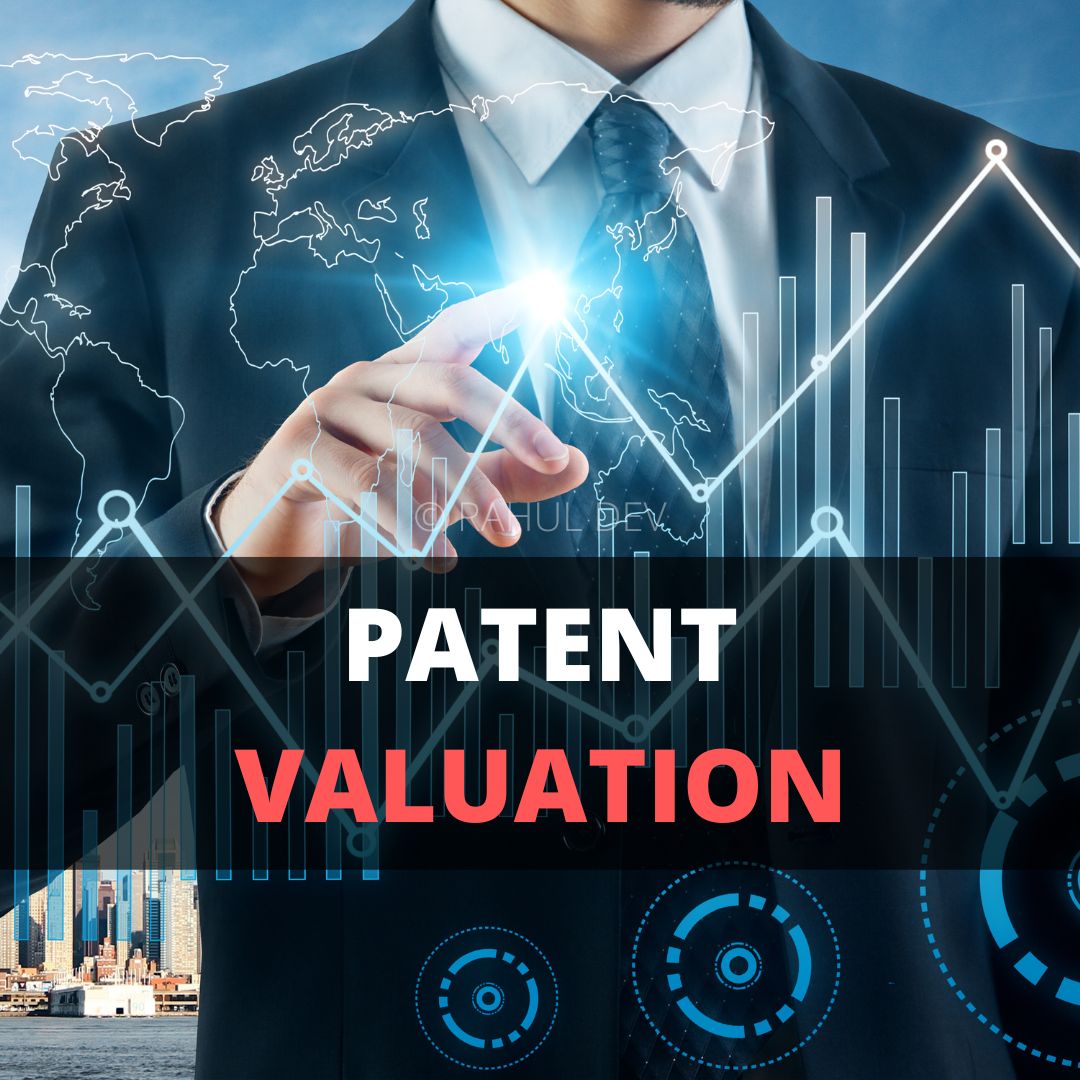Patent Valuation Process
Patent valuation, the process of determining the value of a given patent, is an essential activity for any holder of an intellectual property right. Patent valuation can be a complex matter because patents are legal rights – they are not tangible assets in themselves. As such, like all other intangible assets (which includes stocks and bonds), patents must be valued before they can be sold or used as collateral for obtaining loans or merging with another entity. Patent valuation, the process of determining the value of a given patent, is an essential activity for any holder of an intellectual property right. The process requires expertise in patent law and finance as well as experience in the industry in which the patent is used. Due to this complexity, it is important to consult with qualified patent professionals who can help guide you through this process.
Patent Rights Granted by Patent Office
Patents are legal rights – they are not tangible assets in themselves. Patents are legal rights granted by governments to individuals or companies that have invented new technologies and innovations as defined by the scope of patent claims. While patents themselves are intangible assets, they can be very valuable from the perspective of overall business valuation. The usefulness of a patent depends on its context and the market demand for the patented technology and products developed under license from it.

The value of a patent is not just about its inherent creativity; it’s also about how much money can be made from licensing it or manufacturing products based on the technology contained within it. Patents tend to increase in value over time due to increased demand for their underlying product or service, making them an attractive investment option for startups looking for capitalization during growth phases with high-risk investments like research & development (R&D). As such, like all other intangible assets, they must be valued before they can be used as collateral for obtaining loans or sold in case of financial need or general interest.
To understand how to value a patent, you first need to understand what intangible assets are. Intangible assets are not physical and include patents, copyrights, trademarks, and trade secrets. These can be used as collateral for obtaining loans or sold in case of financial need or general interest. The valuation of intangible assets is based on their expected cash flow over time. The same principle would apply to a company’s portfolio of patents when it is bought out or merged with another entity.
To estimate the value of a portfolio of patents, you would examine each patent individually based on the strength of the patent claims and then add them all together to get the total value. This same principle would apply to a company’s portfolio of patents when it is bought out or merged with another entity. If an inventor wanted to sell his/her patent, he/she could do so by selling his/her rights in the patent. In terms of its tangible assets, IP is unique because its value can often fluctuate depending on the context in which it is being assessed.
Patent Valuation Analysis
Patent valuation involves a careful analysis of patent protection and the patent owner’s ability to enforce their rights against others who may be infringing on that protection. It is important to note that this process can vary widely depending upon what type of asset (or “asset class”) is being valued. For example, in order to determine the fair market value of a company’s stock or bonds you would need to look at historical data from similar parties, but if you were trying to evaluate how much any given piece of jewelry might sell for at auction then there wouldn’t be much reason for comparison since each piece will have been influenced by different factors (i.e., material used).
As a result, patent valuation has become an important issue for technology companies and corporate entities worldwide. Valuation is a complex matter and must take into account numerous criteria, including market demand for the patented technology and products developed under license from it; patents expire after 20 years from the filing date so their value decreases over time; competition from other innovators can affect a patent’s value as well.
In addition to the crucial points stated here relating to patent valuation, the future business models based on patent valuation and tech innovation may regularly need assistance for patent valuation after Patent Searching. The results of a patent search report for patentable inventions and innovative projects can assist in determining if Patent Drafting for latest innovations is the next step for International Patent Filing along with USPTO Patent Filing. In case of blockchain based business models adapted from patent valuation, utility token Legal Opinion Letters may also be needed for innovative blockchain projects, along with a set of applicable patent contracts and IP agreements.

